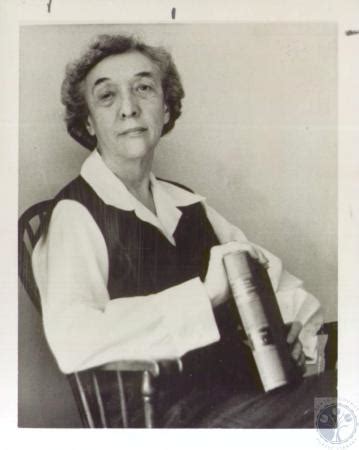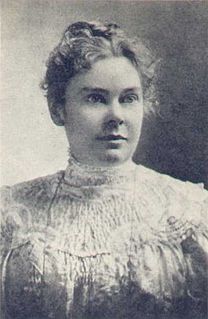A Quote by Sabine Baring-Gould
In winter, the Icelanders told the tales of the brave men of old in their families, and so the tradition was handed on from father to son, the same stories told every winter, till all the particulars became well known.
Related Quotes
William Shakespeare was the most remarkable storyteller that the world has ever known. Homer told of adventure and men at war, Sophocles and Tolstoy told of tragedies and of people in trouble. Terence and Mark Twain told cosmic stories, Dickens told melodramatic ones, Plutarch told histories and Hans Christian Andersen told fairy tales. But Shakespeare told every kind of story – comedy, tragedy, history, melodrama, adventure, love stories and fairy tales – and each of them so well that they have become immortal. In all the world of storytelling he has become the greatest name.
People have always told tales. Long before humanity learned to write and gradually became literate, everybody told tales to everybody else and everybody listened to everybody else's tales. Before long it became clear that some of the still illiterate storytellers told more and better tales than others, that is, they could make more people believe their lies.
Though now we think of fairy tales as stories intended for very young children, this is a relatively modern idea. In the oral tradition, magical stories were enjoyed by listeners young and old alike, while literary fairy tales (including most of the tales that are best known today) were published primarily for adult readers until the 19th century.
When death comes, it's just like winter. We don't say, "There ought not to be winter." That the winter season, when the leaves fall and the snow comes, is some kind of defeat, something which we should hold out against. No. Winter is part of the natural course of events. No winter, no summer. No cold, no heat.
I know the look of an apple that is roasting and sizzling on the hearth on a winter's evening, and I know the comfort that comes of eating it hot, along with some sugar and a drench of cream... I know how the nuts taken in conjunction with winter apples, cider, and doughnuts, make old people's tales and old jokes sound fresh and crisp and enchanting.
I don't think that there's a target audience at all. These stories were in circulation. The stories were told by men, told in the marketplace by men, but also behind doors by women, but there's no real record of this. It's likely they were told by women to children in their interior rooms. The story could be a negative story, they could be presented as a, "Watch out! Women will get round you, do things to you, weave you in their toils." It could be buried in it an old cautionary story about women and their wiles.
Romance novels are tales of brave women taming dangerous men. They are stories that capture the excitement of that most mysterious of relationships, the one between a woman and a man. They are legends told to women by other women, and they are as powerful and as endlessly fascinating to women as the legends that lie at the heart of all the other genres.







































